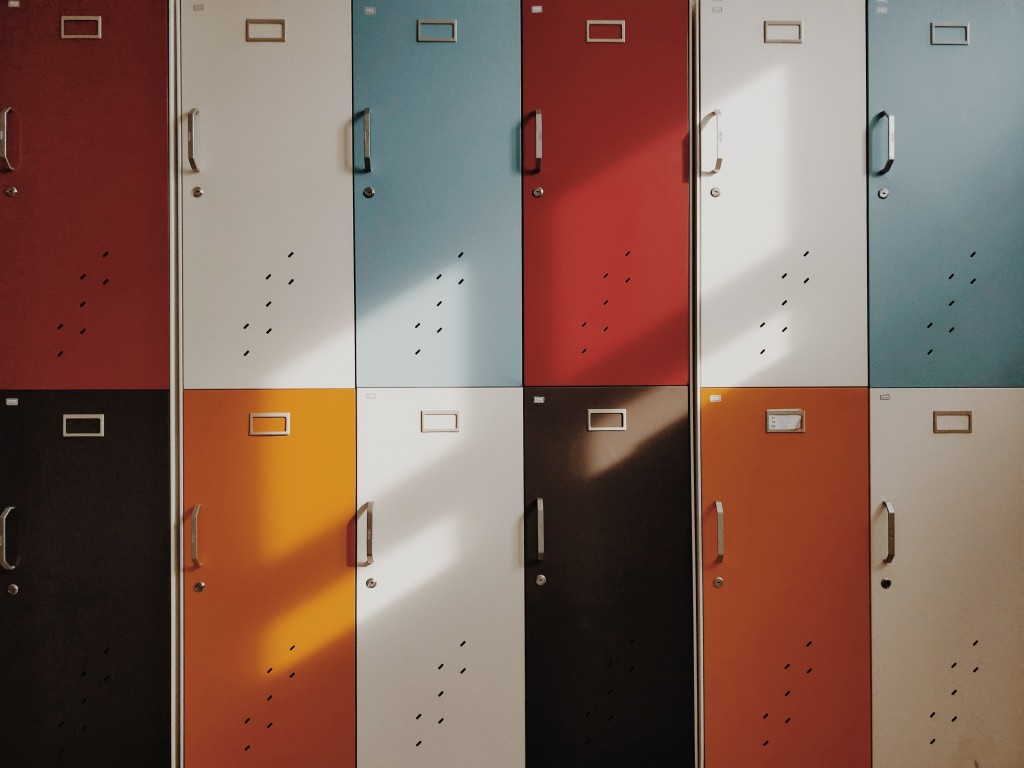With the global coronavirus pandemic well into its full swing, I am trying to maintain some semblance of a daily structure. Waking up at a responsible time, eating healthy, and maintaining an exercise routine has helped me stay “plugged in” to reality and the optimistic understanding that, eventually, things will return back to normal. Fortunately, routine juxtaposed with the break from worldwide normality leaves a lot of room for one to think. I teach and I hope to get back to doing that sooner rather than later, but I can’t help but think about how the coronavirus should impact education. While we take this time to “reset”, my greatest fear is not what solutions should come, but rather what solutions will.
I’m not worried about the near future: the inevitable mandate by government to shut down schools for the remainder of the year and teachers brainstorming to perhaps design or implement online learning in the coming weeks. Or high schools and universities scrambling to finalize grades. I’m worried about the long term toll that this pandemic may proffer.
Let’s say school closes indefinitely and the remainder of this year somehow gets absorbed by the gravity of “more serious” precautions society ought to take in light of the coronavirus. What will such a move imply about education? That it is non-essential? That virtual learning is equally as valuable to the growing fabric of our future generations as was sitting in a classroom around others and having to navigate that space? That teachers and teaching are two-dimensional? The coronavirus crisis is here and it is real. But before we rush to mandates that alleviate the burden that educational institutions bare in terms of rearing society forward, we really need to philosophize the implications of rushing to a haphazard answer.
I’m conflicted under these circumstances. I want to teach. I want the children I’m teaching this year to get the rest of this food and these gems I’ve been cooking up for them. Are the students I teach prepared to move on if we abruptly ended the year? Pretty much. I mean, we go hard in my classroom. But will missing the next two or three months adversely affect them? Oh, indeed.
They’ll be missing out because education is not simply about acquiring the knowledge that is ascribed by the curriculum in a given year. Education is not two-dimensional and people who really care about education know this. People who know this will also put together online learning if that is the way things go. Shoot, I dropped a message in my Google Classroom today asking my students if they wanted me to put some stuff together in the next few weeks. (I’ll be sure to follow up on how that evolves). But I fear we will not hit reset during this pandemic and instead continue on with “band-aid” solutions instead of really taking this opportunity to realize where we are as a society, and especially where Education, capital E, has gone.
So instead of thinking of what will happen, I reserve thoughts of what should happen. Speaking with a longtime friend of over 20 years, who now doubles as a religious scholar in South Africa, crystallized a few particular pathways we in public education should be venturing down due to this coronavirus outbreak. Firstly, physical and health education has been a joke for as long as I can remember. “Gym” or “Phys. Ed.” was the class that you got to chill. Considering what we are all experiencing, this has to change. Habitual physical exercise and general healthy eating habits need to now succeed the skills of dribbling a basketball in our schools. Educating ourselves and then our students on an array of topics including philosophy, science, religion, and international relations must be infused into our curriculum moving forward. More precisely, math should be replaced with economics, geography should be replaced with geopolitics — and not done so through mere semantics. And lastly, this “social distancing” and “self-isolation” we have had to re-learn should be explicitly fostered through schooling (and not merely on the front page of a report card under the vague monikers of “independent work” or “self-regulation”, for example). What this coronavirus pandemic proves is that self introspection, on the micro or macro level, is important to what we all manifest as a collective. We need to re-invest in the total learning of the mind, body, and soul. That is what we should do, at least. I hope that is what we will do.
[share title=”Share this Post” facebook=”true” twitter=”true” google_plus=”true”]

